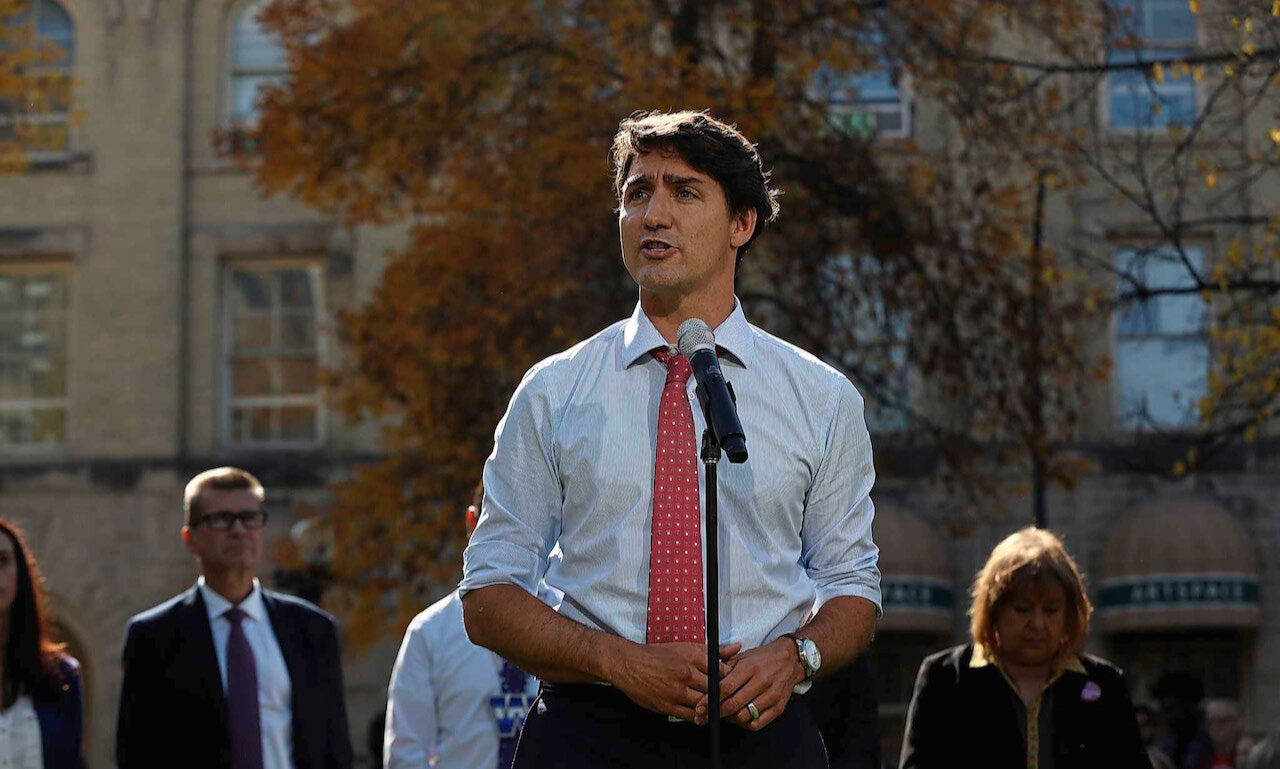The Campaign, the Media and Unanswered Questions
The nasty federal election campaign ended in an almost predictable fashion on Monday night when Justin Trudeau started his acceptance speech just moments after Andrew Scheer started his. It's going to be a long four years (or less).
A winner making his acceptance speech before his main opponent hasn't finished speaking has been called everything from disrespectful to certain terms I can't repeat in this blog.
It was an election of firsts though. We saw the CBC sue the Conservative Party, Postmedia show its true colours and political leaders refusing to answer certain questions at media scrums.
Questions Need Answers
One of the things I’ll remember about this rather nasty election campaign was how often Trudeau and Scheer wouldn’t answer questions from reporters, but instead just drifted into talking about what they wanted to talk about. It happened a lot in the last week or so of the campaign.
This surprised me a bit. Have we got to the point when politicians running for election can say whatever they want to reporters? I guess so, because we just saw it happen.
What people need to keep in mind though was the context that these comments were made. They normally came during media availabilities on the campaign trail, where all reporters following the leaders, and a few others who tagged along that day, asked a series of questions. Basically, it’s around three dozen reporters and one political leader answering questions.
This is how somebody running to be Prime Minister can avoid answering a reporter’s question and give any response they want. They know there are at least a dozen other reporters wanting to ask their question, so they’ll provide the talking points they want and wait for the next question to come from another reporter.
I really wish reporters at these scrums would fold their arms across their chests and say something like “You didn’t answer that last question, we don’t have another one for you until you do.” It might hold the politicians more accountable, but I doubt it will work.
Answer First, Explain Second
I always tell the people I do media training for two things on this topic. To begin with, you sound stupid when you don’t answer the question, or at least show that you acknowledge it in your response. In other words, if a politician is asked a question about why the deficit is so high and responds by speaking about creating jobs, with no connection to the question, he sounds stupid. However if he says “I understand some Canadians are concerned about the deficit, however it’s important to remember….(insert politician’s blurb about jobs here).
You see how that works? He never answered the question about the deficit, but at least he acknowledged it, which gave him a free pass to bridge into his answer about jobs.
The second thing I tell them is, it’s important to answer, or acknowledge the question first before talking about something else. When a person being interviewed gets questioned by a reporter and proceeds to go into a tangent without answering the question, a sense of mistrust between the reporter and person being interviewed is created. A sharp reporter will know their question isn’t being answered and if the answer comes at the end of the interview it’s too late. I always advocate to answer the question first and then explain rather than doing the opposite.
When the Media is the Story
This campaign will also be remembered for leaders sniping at each other, its nastiness and discussions about many things other than party policies and platforms.
The Liberals are back, but this time with a minority, which has sent political analysts in the media into overdrive.
I think this campaign will also be remembered for the role the media played. More than any election in the past, Canadians perceived a media bias. Whether that bias existed is another question, but there’s little doubt many people felt many media outlets didn’t exactly call it down the middle.
We also saw the CBC sue the Conservative Party for using CBC video in an election attack ad. Anchor Rosemary Barton was originally listed in that lawsuit before being removed just days before she hosted CBC’s election night coverage.
Then there was the clear Conservative bias of Canada’s daily newspapers, which I wrote about last week.
In the end, none of it seemed to matter. The polls done when the election was called in September showed a near dead heat in popularity between the Liberals and Conservatives and that’s what happened on Monday.
Maybe the leaders don’t need to answer questions on the campaign trail because it didn’t seem to matter?


Commentary